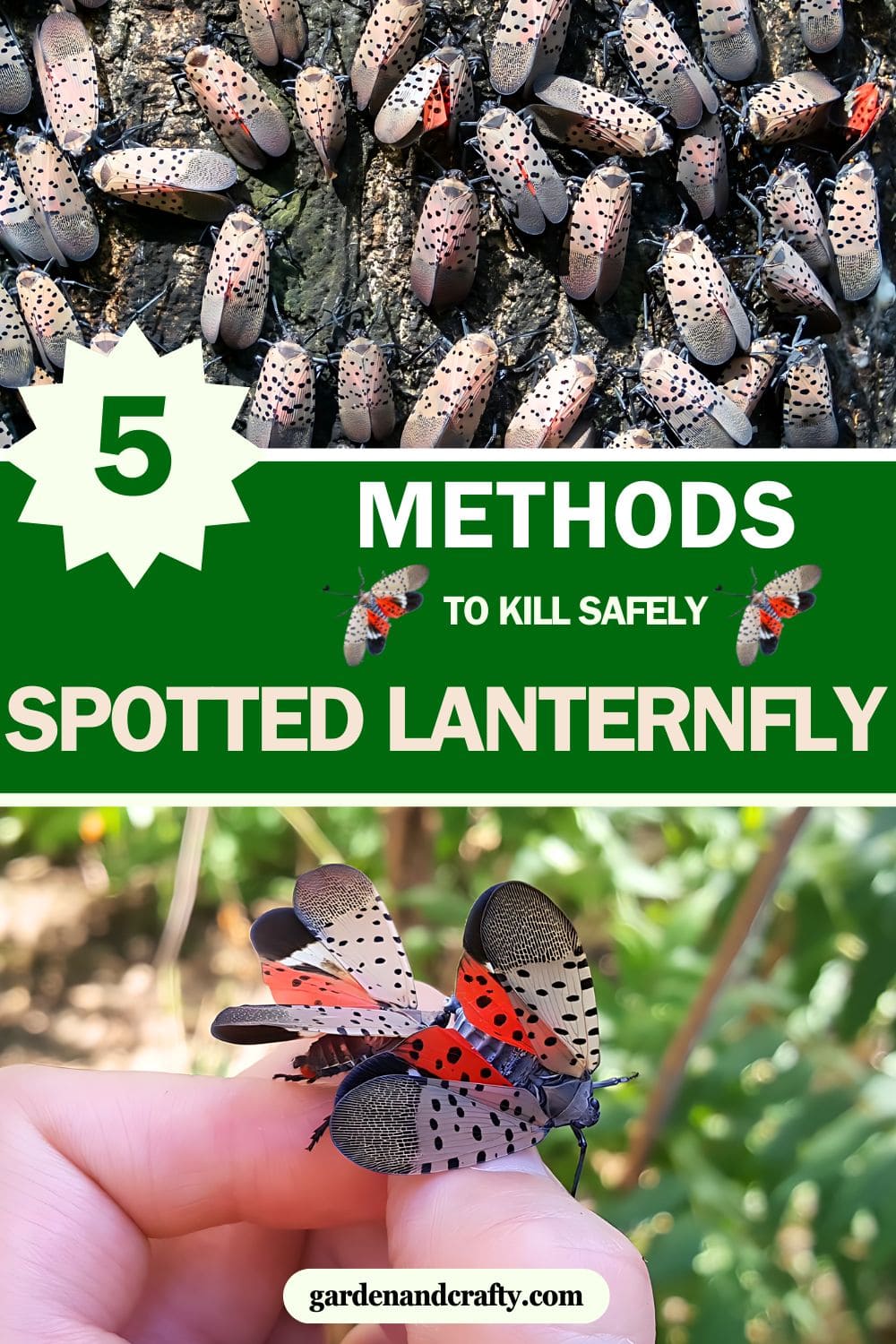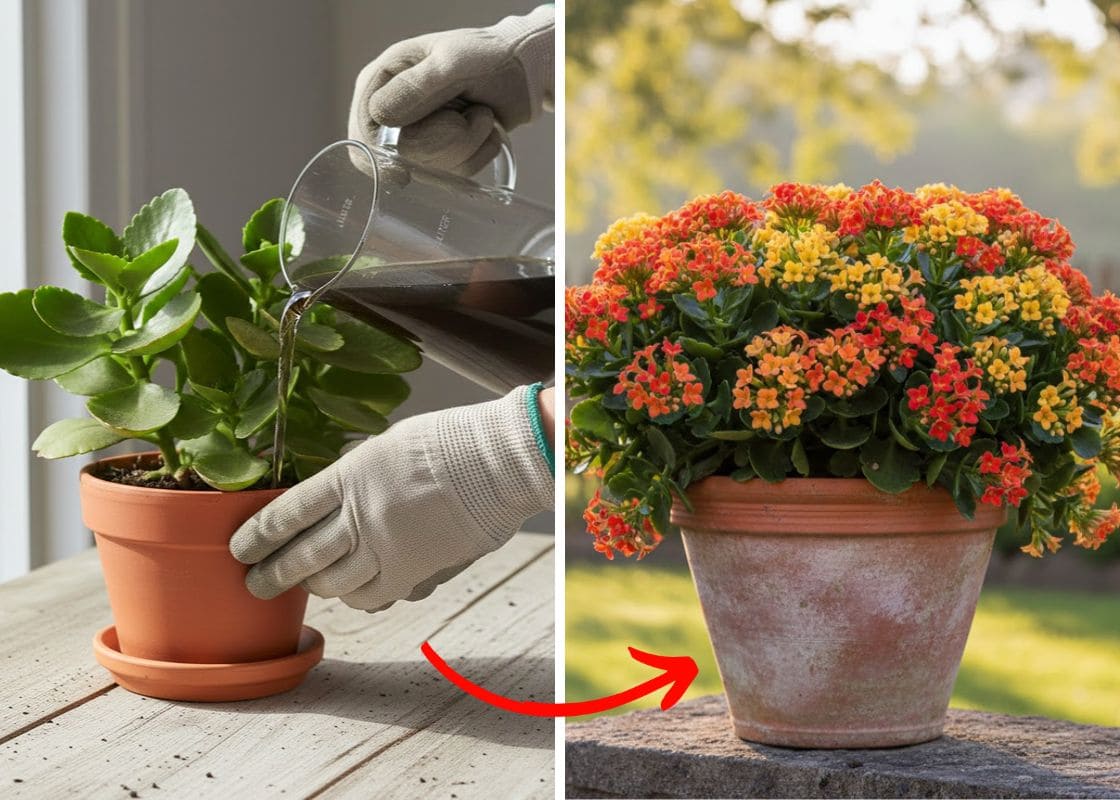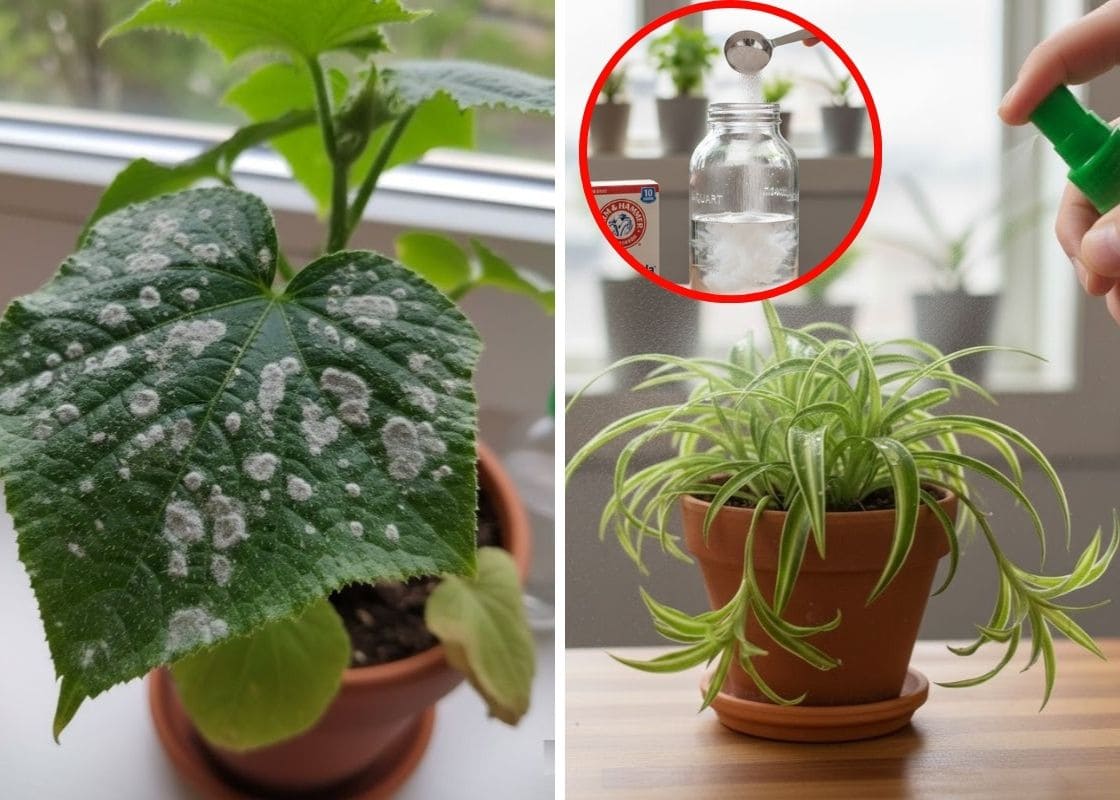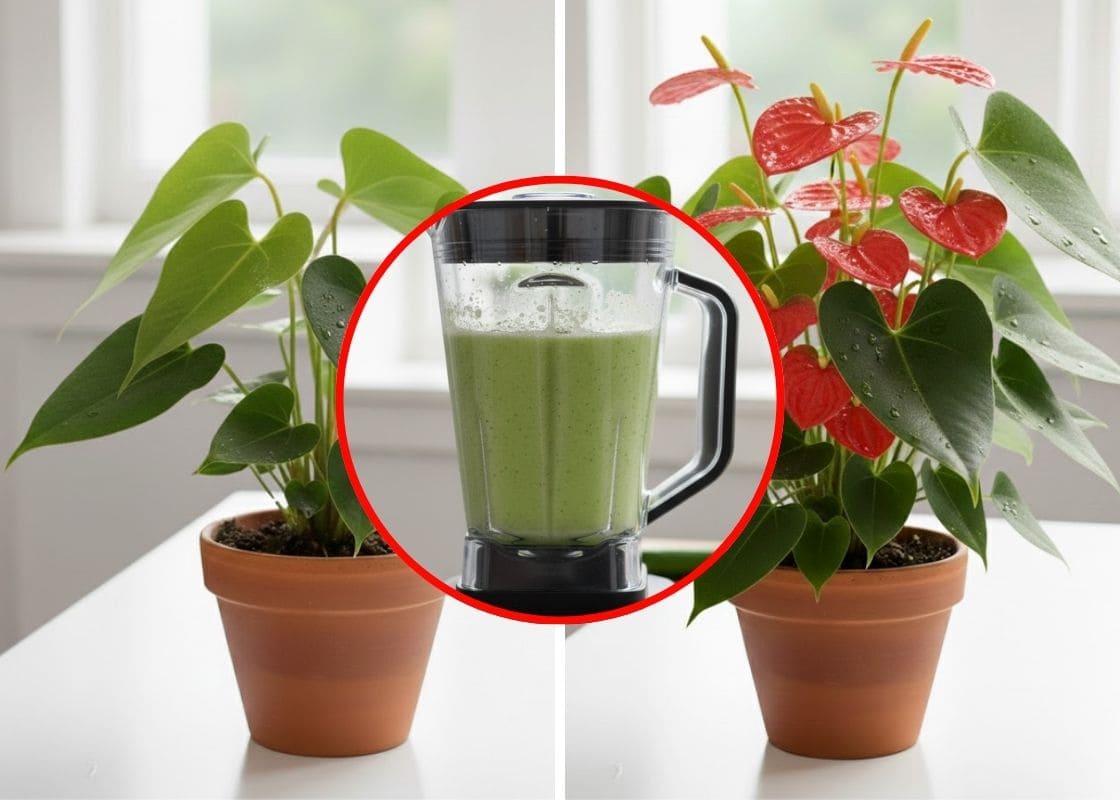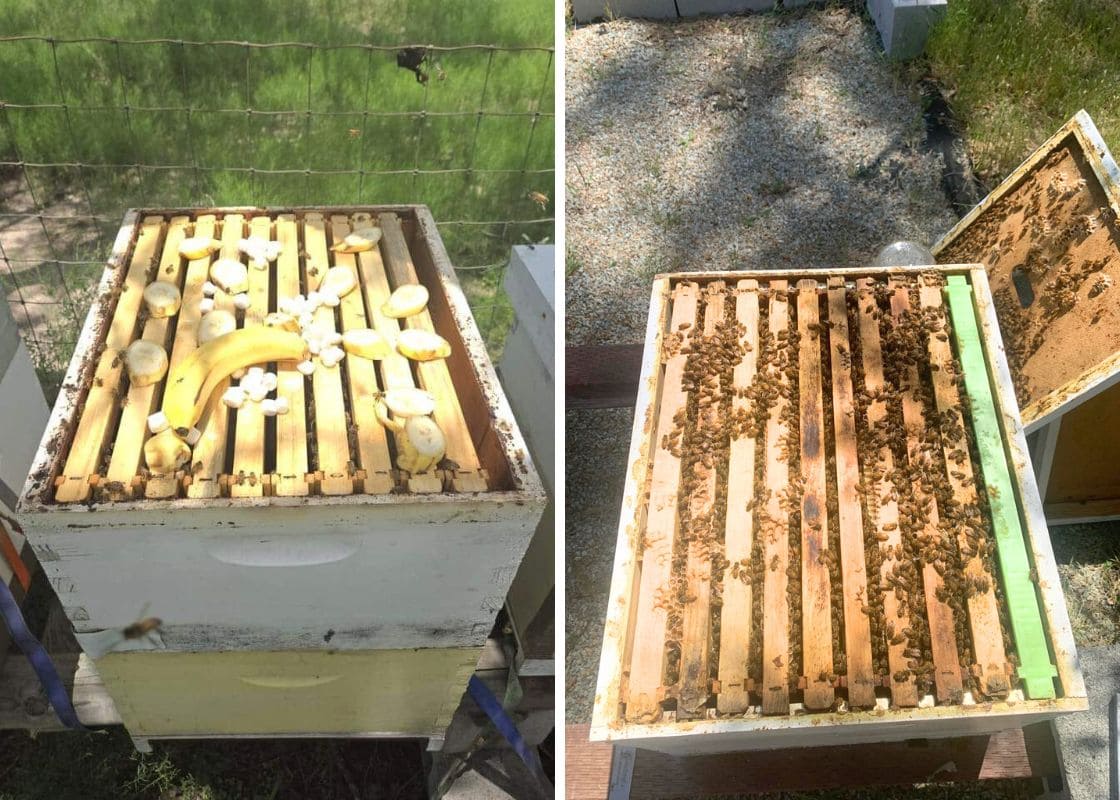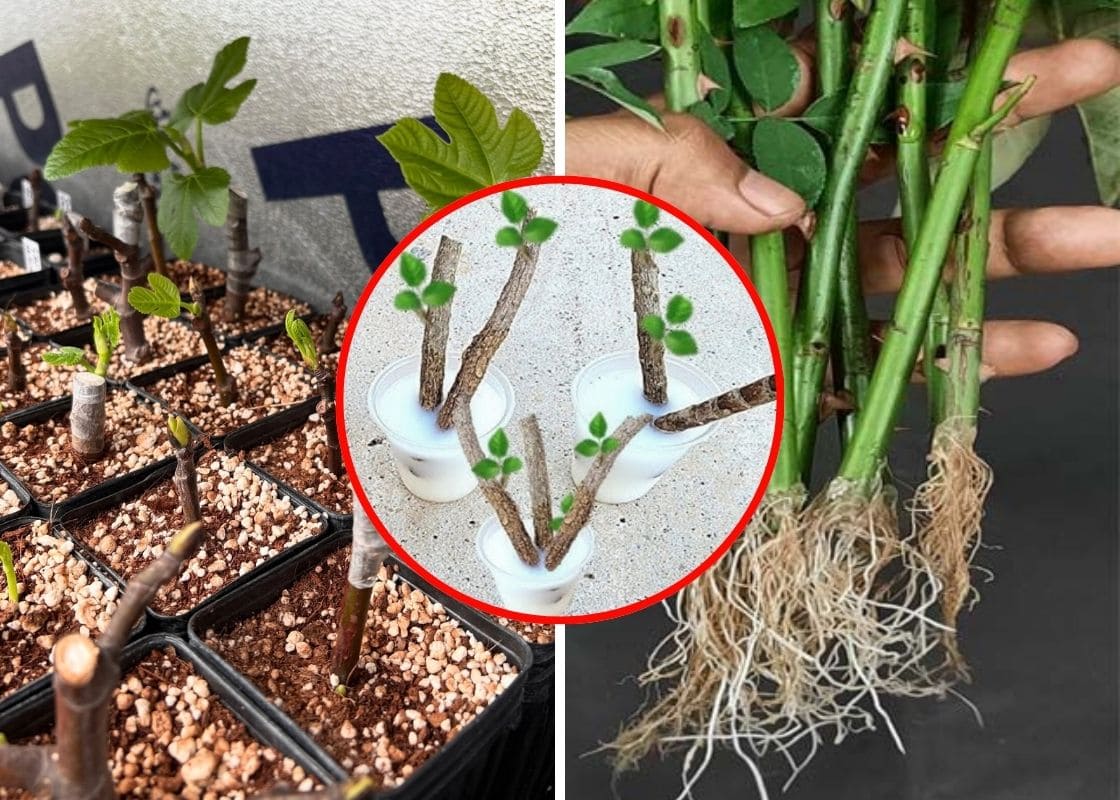The spotted lanternfly poses a significant threat to many regions, particularly affecting crops and ornamental plants.
Known for their striking appearance – pink and gray wings with black spots – these pests can devastate vineyards, fruit trees, and hardwoods.
Follow these crucial steps to protect your plants and curb the spread of spotted lanternflies in your area.
What Is Spotted Lanternfly?
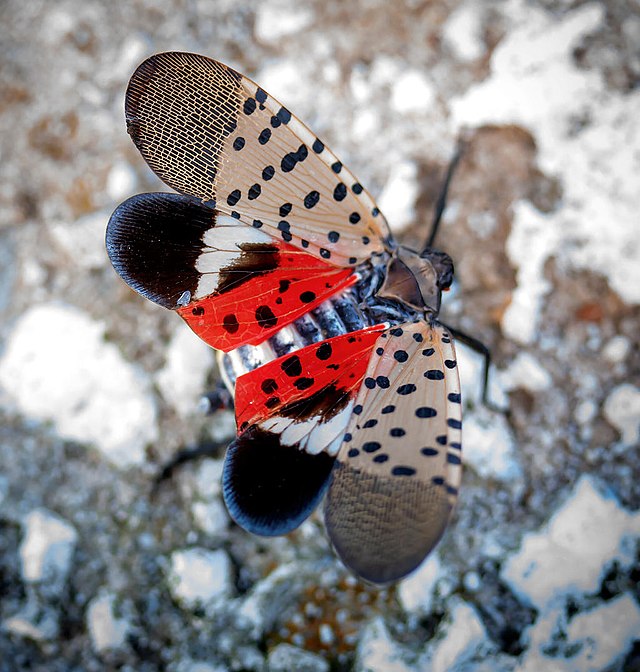
Originally from Southeast Asia, spotted lanternfly made its way here around 2012, likely hitching a ride as egg masses on imported stones.
By 2014, it was discovered in Berks County, Pennsylvania, and since then, it has spread to several Northeastern states.
If we don’t keep it in check, it could spread across most of the eastern U.S., the Midwest, and even the Pacific coast.
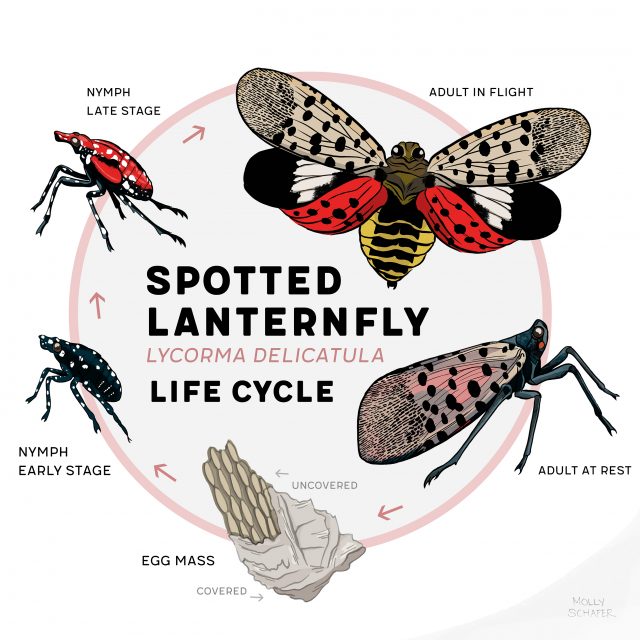
The spotted lanternfly has a unique life cycle. It overwinters in the egg stage, and when spring rolls around, the eggs hatch into nymphs.
These nymphs go through four stages, or “instars,” before becoming adults. The early-stage nymphs are black with white spots and can be mistaken for ticks.
As they grow, they turn red with black patches and white spots. Finally, they become adults, which are often mistaken for moths.
Adults are about an inch long, with pinkish-tan forewings covered in black spots and a black, brick-like pattern at the tips.
Their hindwings are black and white with patches of bright red.
Why We Should Kill Spotted Lanternfly?
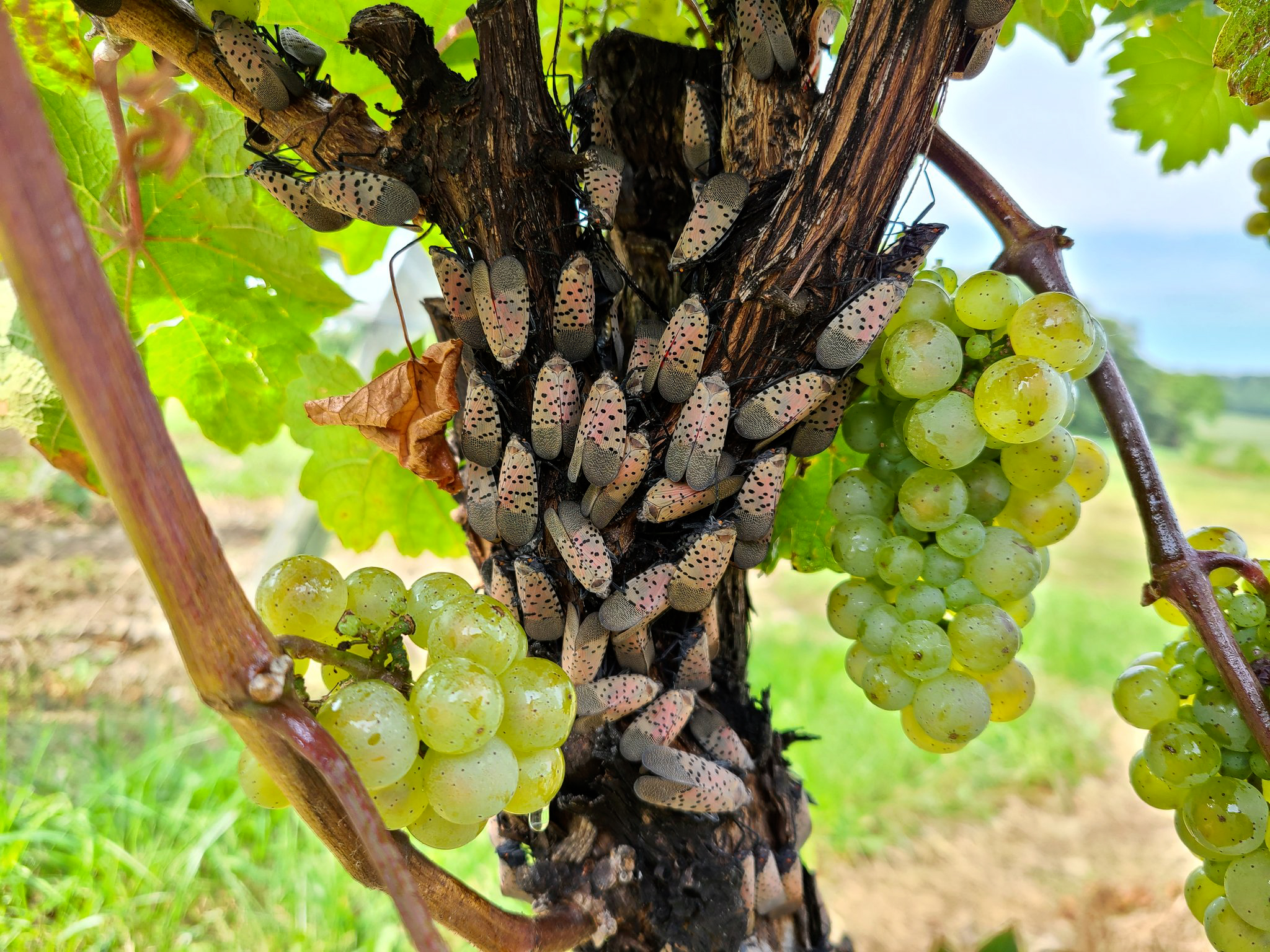
First off, these bugs are not just a minor inconvenience; they are a major threat to our environment and economy.
They feed on a wide range of plants, including grapevines, fruit trees, and hardwoods.
Besides, they congregate in large numbers and suck the sap from plants, which can lead to significant sap loss.
This weakens the plants, making them more susceptible to disease and less productive.
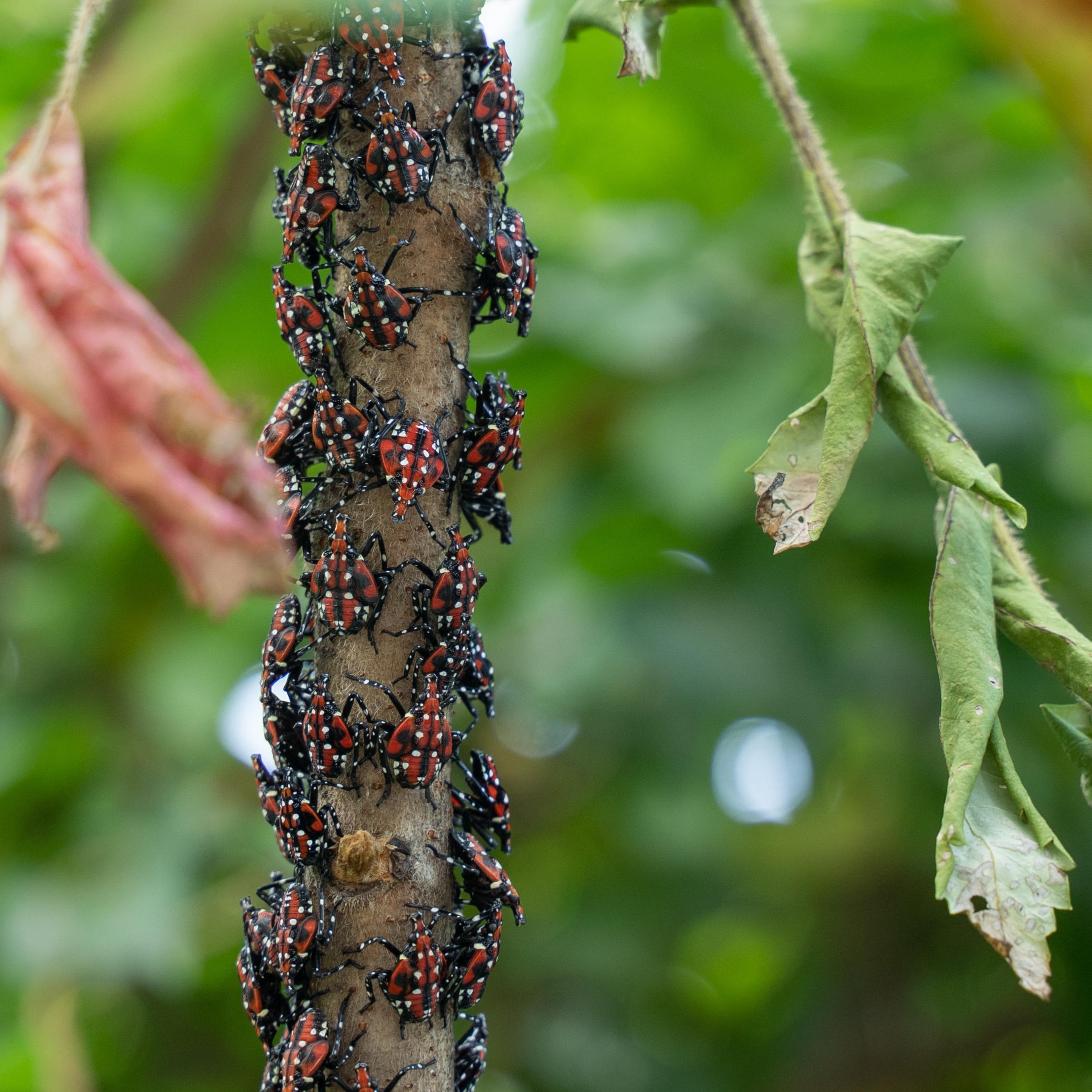
And let’s not forget the sticky mess they leave behind. As they feed, they excrete a sugary substance called honeydew, which attracts other pests like ants and wasps.
This honeydew also promotes the growth of sooty mold, turning your lovely garden into a sticky, moldy mess.
Also, their presence can make outdoor activities less enjoyable.
Imagine trying to have a barbecue or a picnic with these bugs swarming around. Not exactly the relaxing time you had in mind, right?
How to Kill Spotted Lanternfly Safely
Manual Removal

If you spot a few of them hanging out on your trees or plants, just grab them and squish them.
Yes, it sounds a bit gross, but it’s effective. You can also use a hand vacuum to suck them up if you’re not into the whole squishing thing.
Trap Use
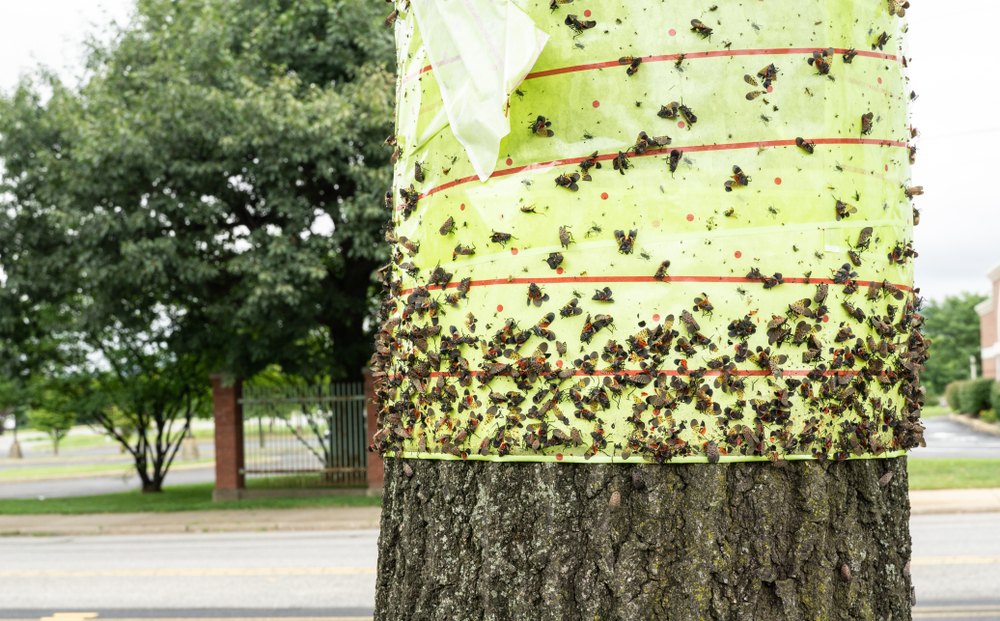
You can use sticky bands or circle traps to catch these critters. Sticky bands are great for catching nymphs as they crawl up the tree trunks.
Just be cautious because these traps can also catch beneficial insects and even birds.
To avoid this, you can place a barrier of window screen mesh around the sticky band. Circle traps are another option and are less likely to trap non-target animals.
Insecticidal Soap
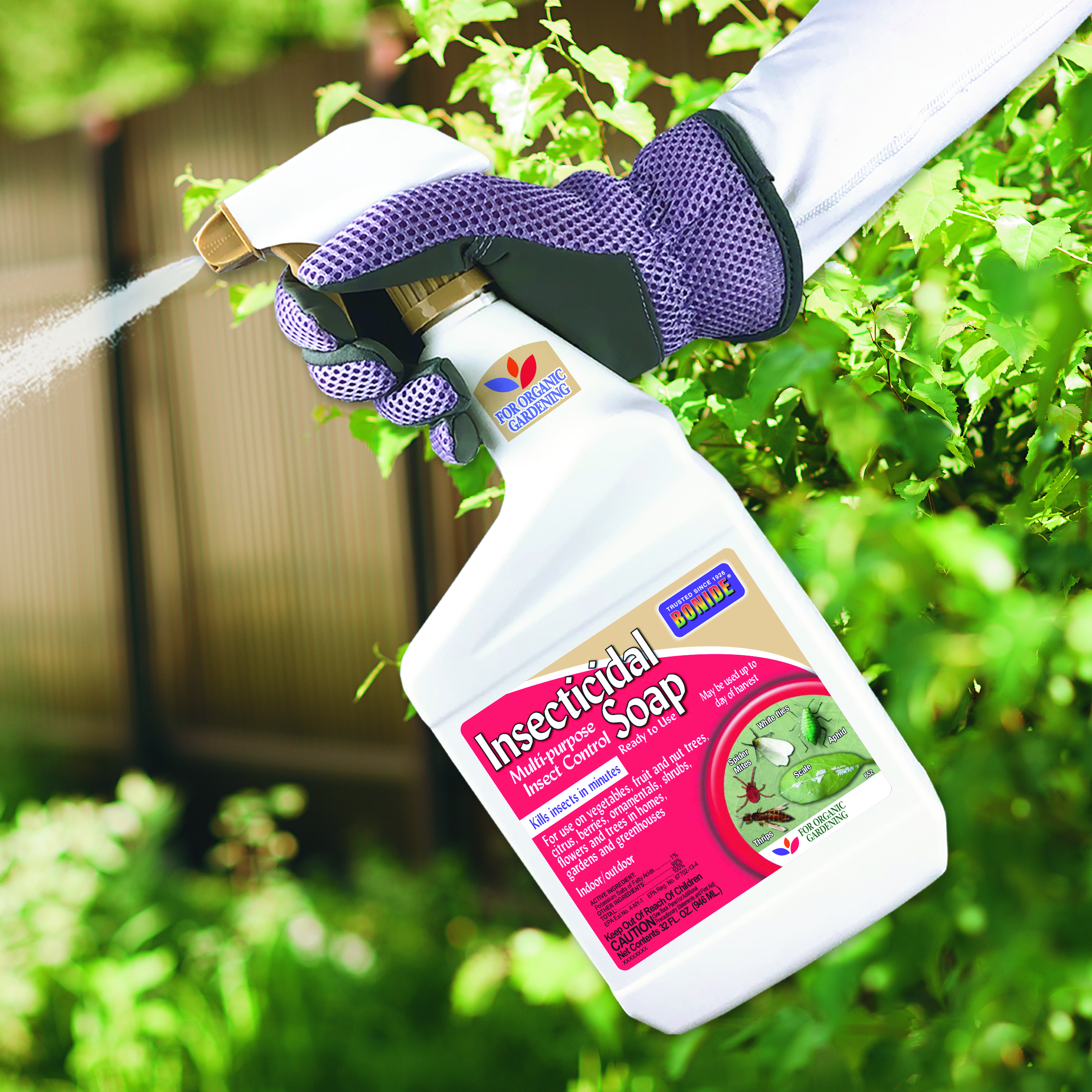
If you’re looking for a more chemical approach, insecticidal soap is a good option.
This soap can be sprayed directly on the lanternflies to kill them. It’s a safer alternative to harsher chemicals and can be used on a variety of plants.
Egg Mass Removal
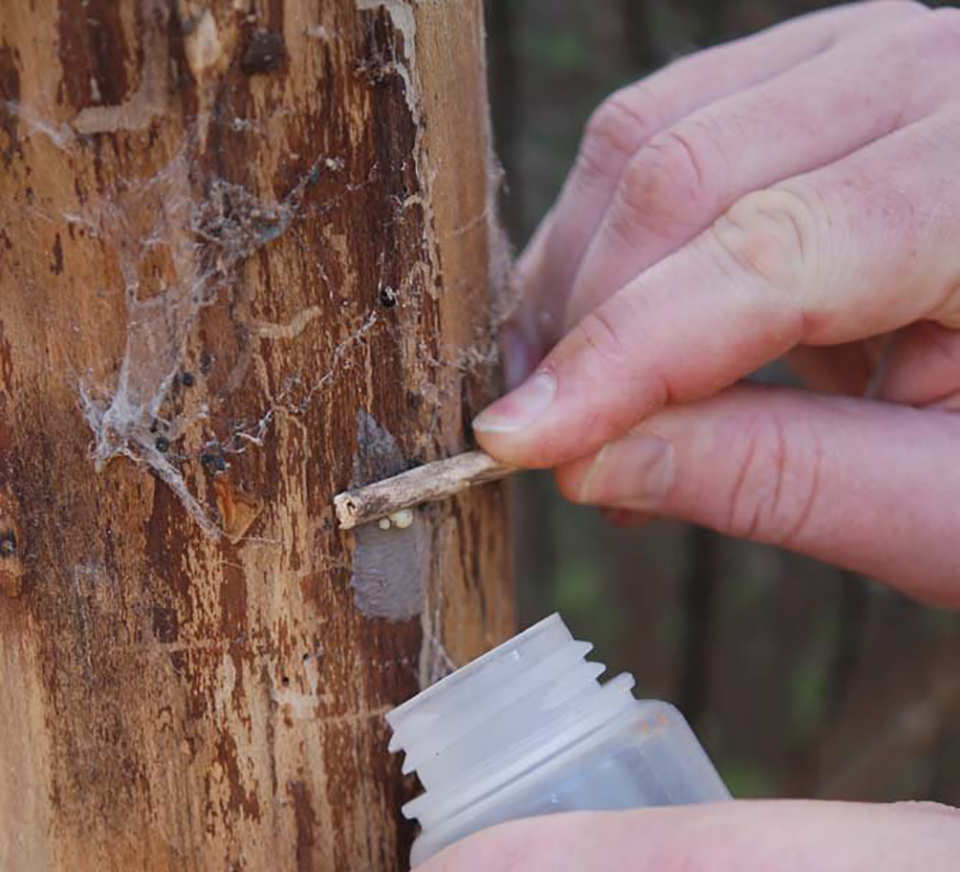
Spotted lanternflies lay their eggs on trees, fences, and even outdoor furniture.
To remove them, scrape the egg masses into a bag filled with rubbing alcohol or hand sanitizer. This will kill the eggs and prevent them from hatching.
Report Sightings

These bugs are invasive and can cause significant damage to crops and trees.
By reporting sightings, you help authorities track and manage the infestation more effectively.
Remember, dealing with spotted lanternflies is a bit like a game of whack-a-mole. You have to be persistent and use a combination of methods to keep them under control.
